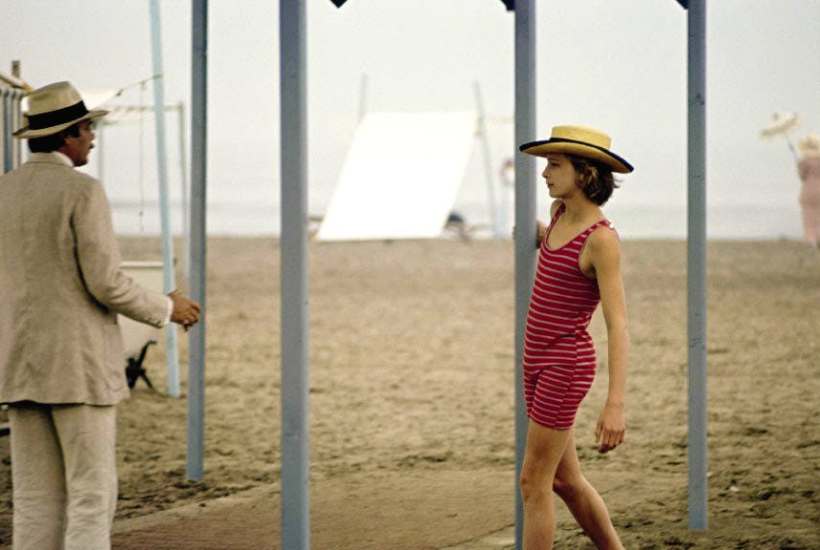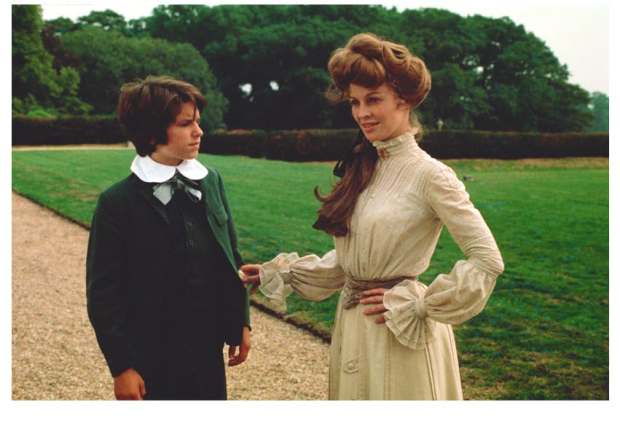Books about Venice are almost as numerous as gondolas on the Grand Canal, but Robin Saikia is the first to write one about the Lido. The subject might be thought too insubstantial for a book of its own, and so it proves: excluding its index and appendices, The Venice Lido (Somerset Books, £6.95) runs to a modest 132 pages of generously sized print. But what this monograph lacks in volume it makes up for in warmth, charm and eccentric scholarship.
Books about Venice are almost as numerous as gondolas on the Grand Canal, but Robin Saikia is the first to write one about the Lido. The subject might be thought too insubstantial for a book of its own, and so it proves: excluding its index and appendices, The Venice Lido (Somerset Books, £6.95) runs to a modest 132 pages of generously sized print. But what this monograph lacks in volume it makes up for in warmth, charm and eccentric scholarship.
The ten-mile sandbank that is the Lido (from litus, ‘shore’) was first settled by refugees from Attila the Hun, and what is now the fishing village of Malamocco was the original seat of Venetian government, before its citizens crossed the lagoon to the Rialto (rivo alto, ‘high ground’).
For a millennium or so it was a wilderness, but after the fall of the Republic in 1797 it became a place of recreation, a frivolous escape from the oppressive grandeur of Venice proper. Byron, as so often, set the fashion, swimming a race from the beach to the far end of the Grand Canal, and ‘beating an Italian all to bubbles’. And though the resort that grew up there was deplored by Henry James and D.H. Lawrence (‘altogether far too much enjoyment’), it has been loved by many others.
Its grand hotels, such as the one where von Aschenbach mooned over Tadzio, have recently been splendidly restored, and it is at their guests that this book is most accurately aimed.
Got something to add? Join the discussion and comment below.
Get 10 issues for just $10
Subscribe to The Spectator Australia today for the next 10 magazine issues, plus full online access, for just $10.














Comments
Don't miss out
Join the conversation with other Spectator Australia readers. Subscribe to leave a comment.
SUBSCRIBEAlready a subscriber? Log in